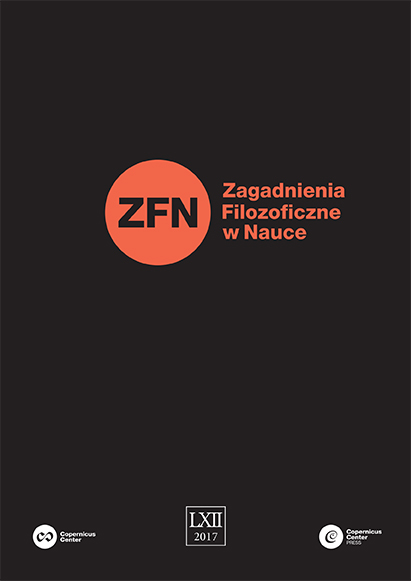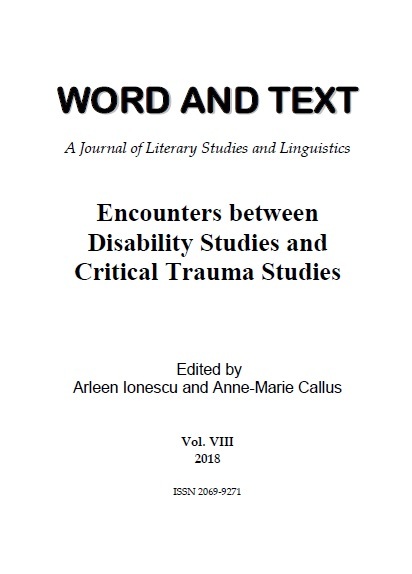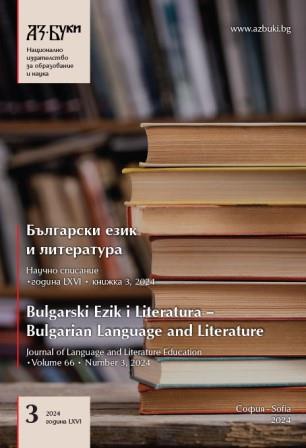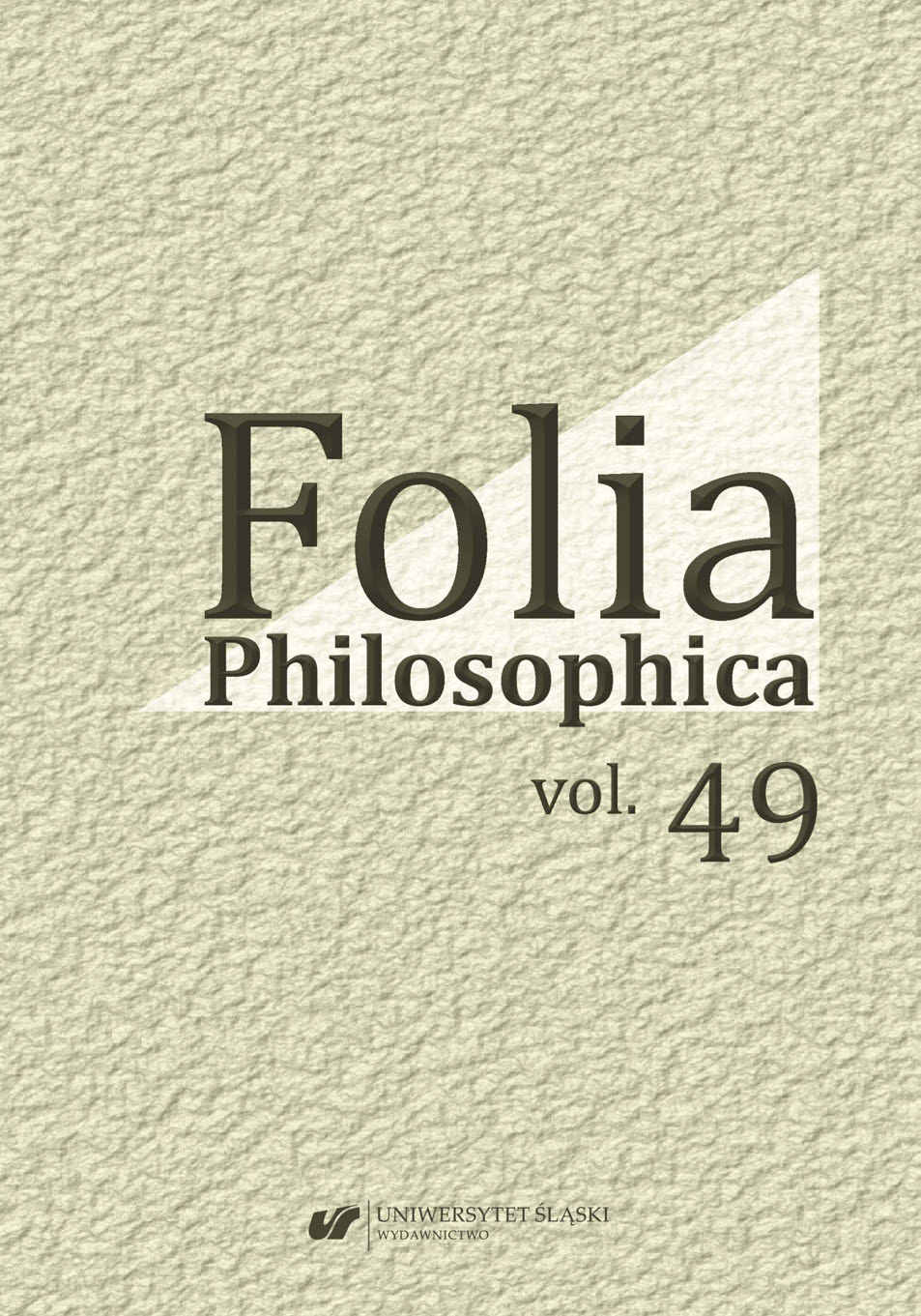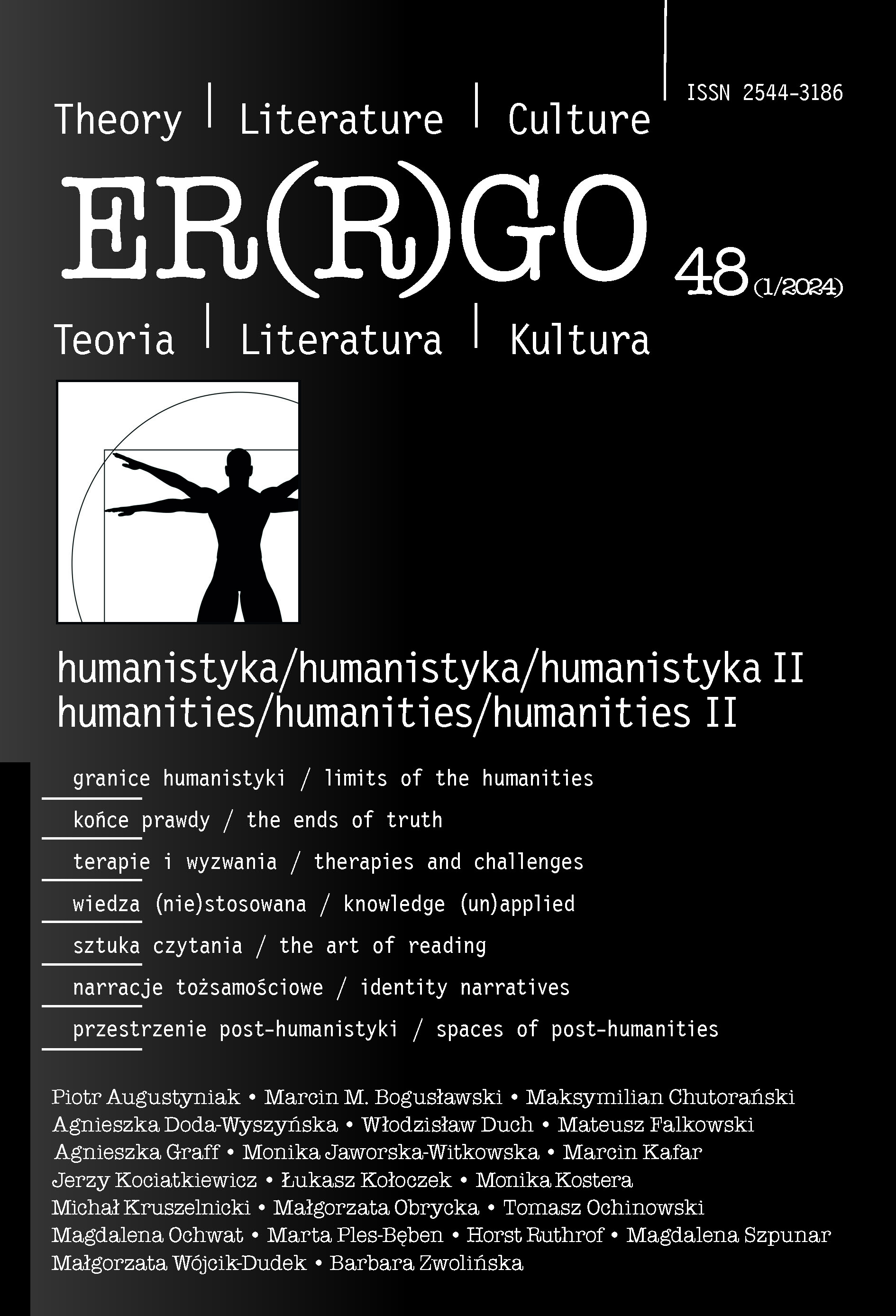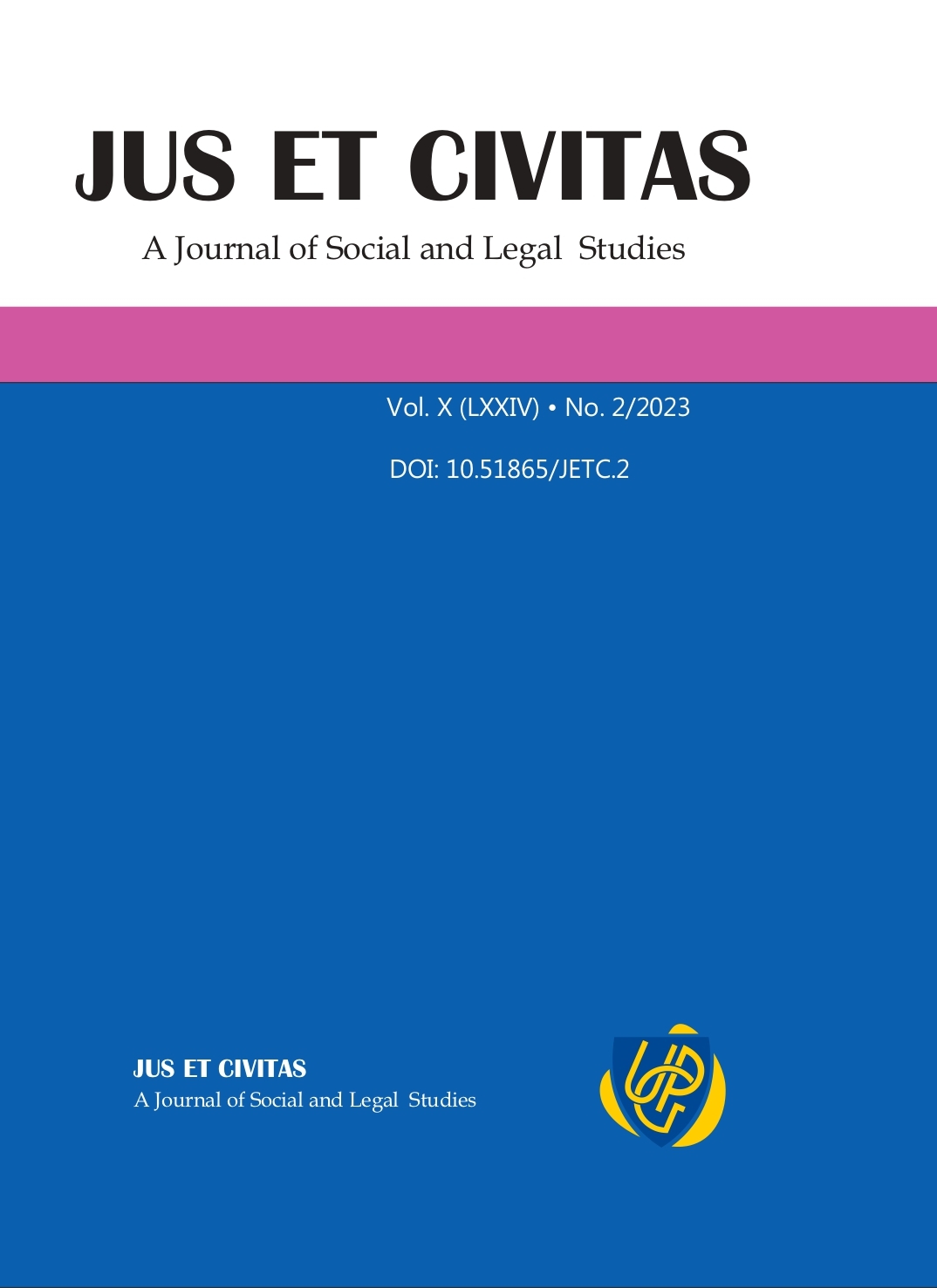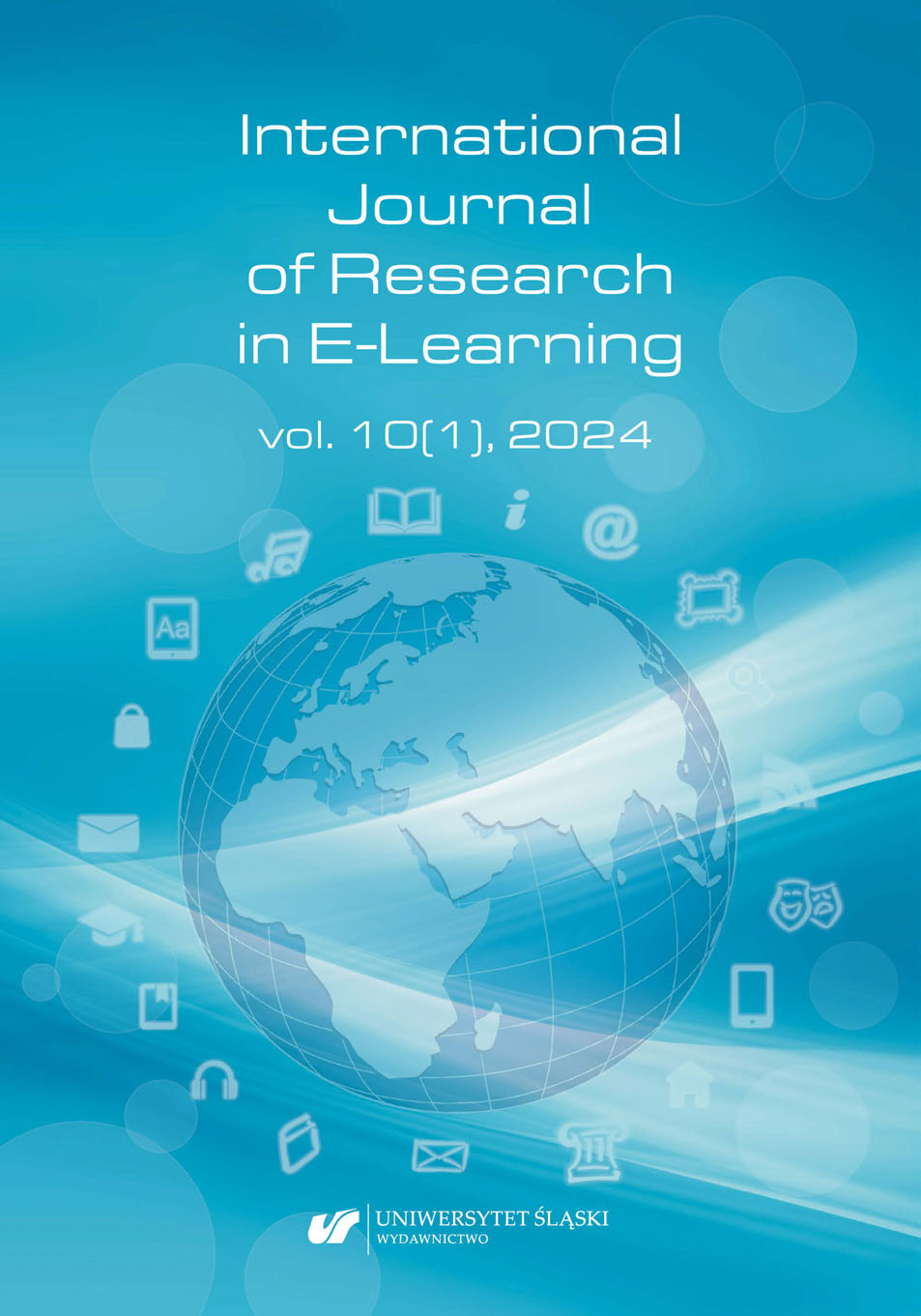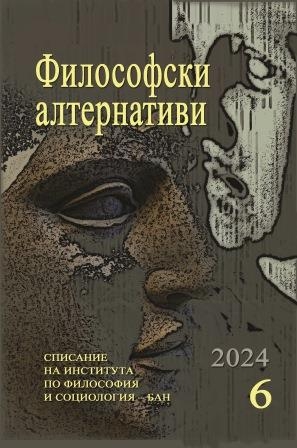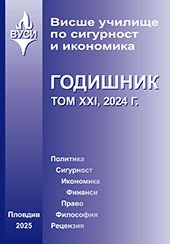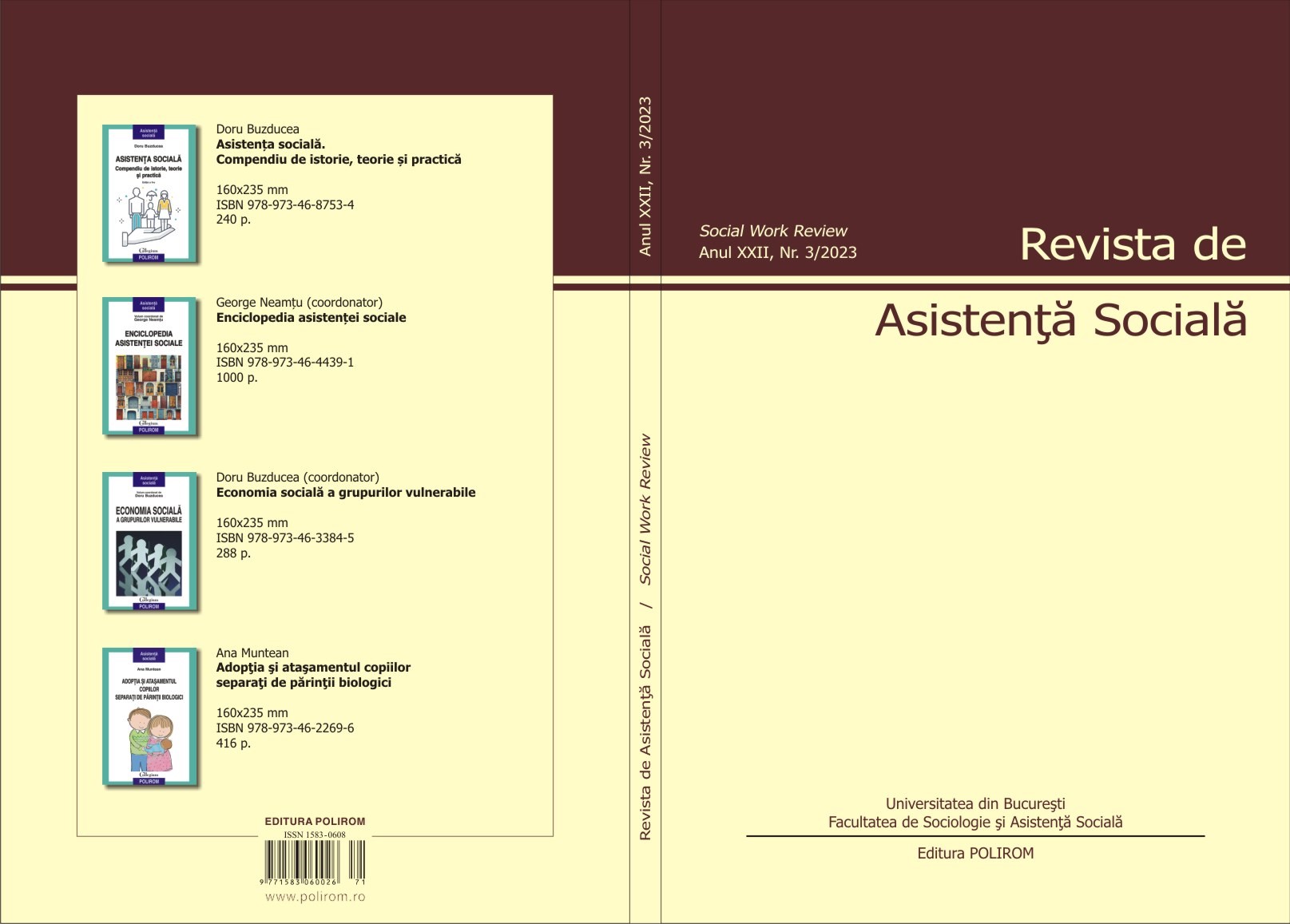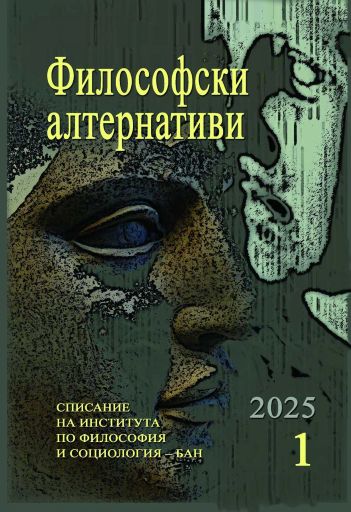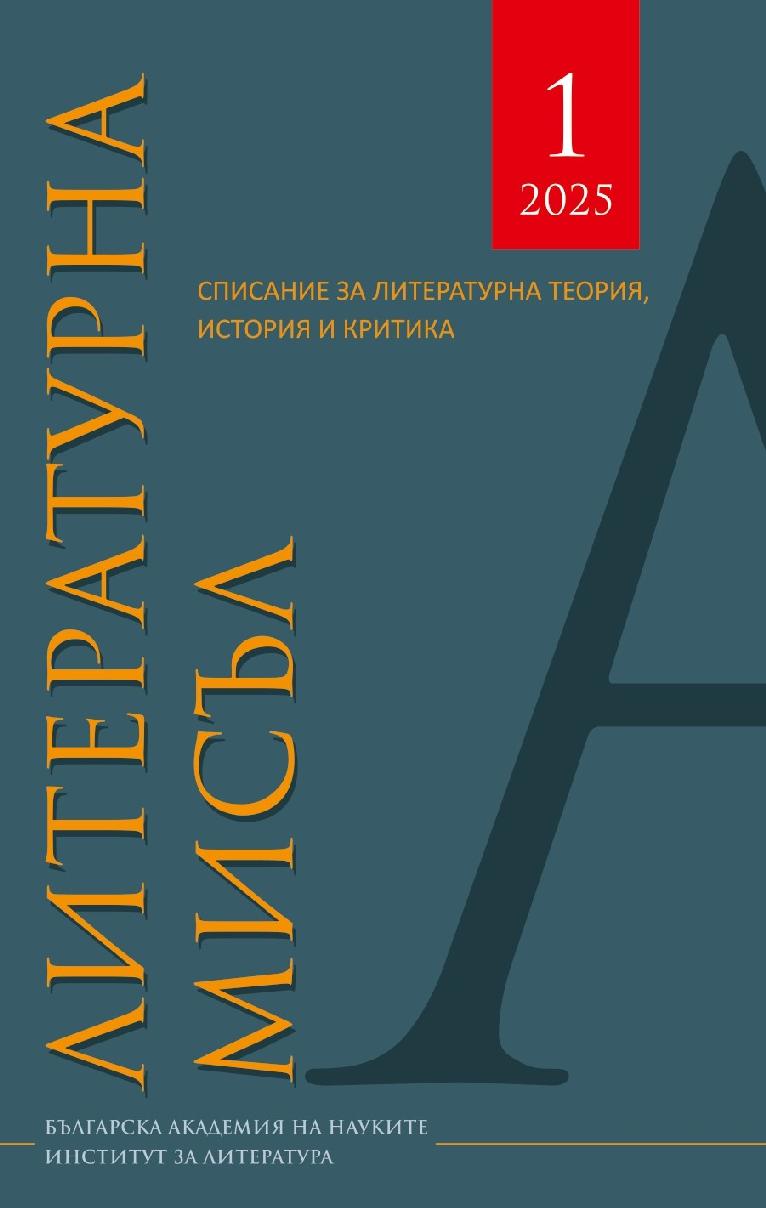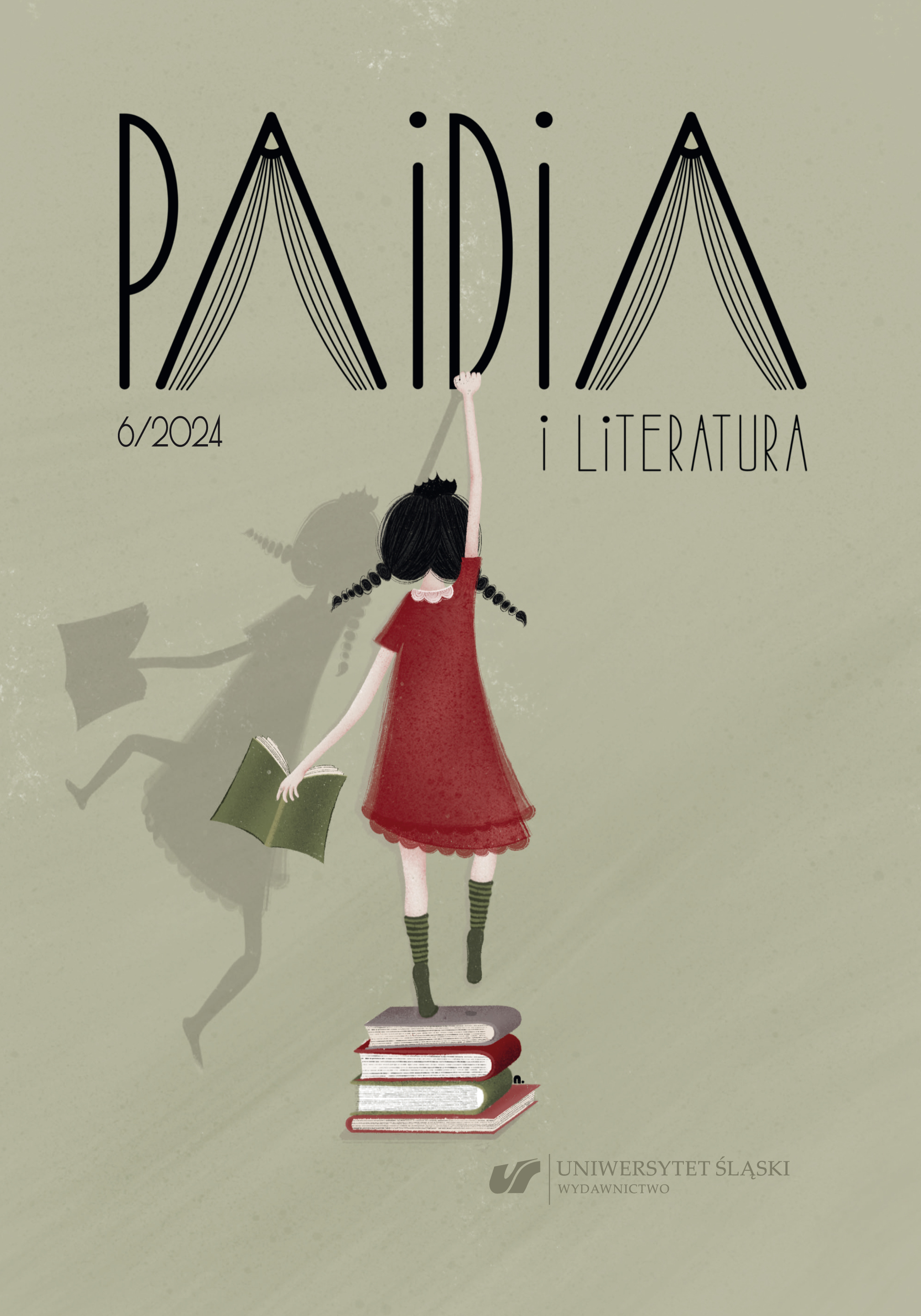РОЛЬ КНИГИ И ЧТЕНИЯ В СТАНОВЛЕНИИ ЛИЧНОСТИ ПОДРОСТКА В РУССКОЙ ЛИТЕРАТУРЕ XVIII – ХХI ВВ. (М.Н. МУРАВЬЕВ, С.Т. АКСАКОВ, В.П. КРАПИВИН, Ф.А. КАМАЛОВ, Б.Г. ВАЙНЕР)
The paper considers the problem of personality development of young people in the Russian literature of the 18th–21st centuries. The continuity of the traditions established in the Russian literature of the 18th–19th centuries is observed based on the autobiographical prose of M.N. Murav’ev (“An Inhabitant of the Suburbs”), S.T. Aksakov (“The Childhood Years of Bagrov Grandson”, “The Family Chronicles”), V.P. Krapivin (“The Sixth Bastion”), F.A. Kamalov (“Hello, Artem!”), and B.G Weiner (“A Lapwing along the Road”). These authors refer in their works to the acute problems of childhood and adolescence: moral and spiritual development of the young person, confrontation between the good and evil among children and in their souls, questions concerning protection of the world of children from adults, and relationships between adults and children. The conclusion is made that modern literary works addressed to children form a sustained interest in reading by motivating to it in enjoyable, playful, and seriocomic manner. They proclaim the positive role of books in the development of moral qualities of children and adolescents.
More...
